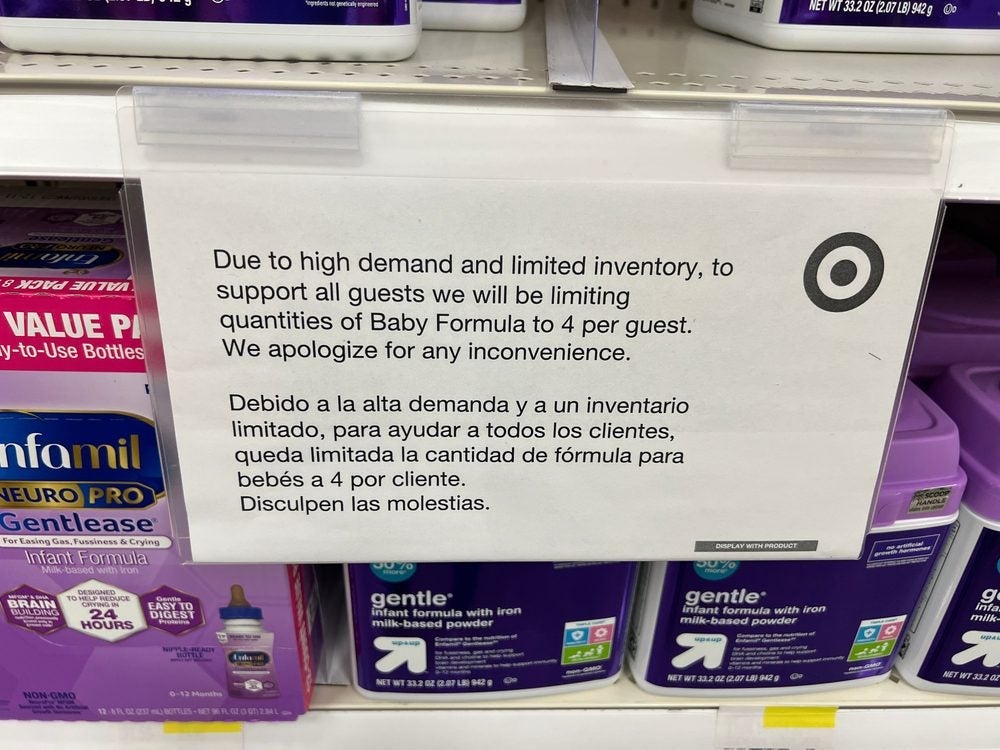Personalization in email marketing can be a great thing. Done right, it can make a customer feel more connected to a brand that has taken the time to get to know them and their needs.
Done wrong, it can be creepy and make the recipient feel violated.
Such is my recent experience with ProFlowers.
In late November, I placed an order with them for a tabletop Christmas tree for my mom, who for the purposes of this blog post we'll call "Trixie." The tree was delivered on time, on Dec. 3, and Mom was delighted. So far, so good.
Three days later, I received an email from Shari's Berries, with the subject line "Everything on Trixie's Holiday Wish List, 54% off!" I was immediately weirded out, as I had never heard of Shari's Berries before, let alone ordered from them or gave them my mom's first name.
I opened the message to investigate, and saw that they were a sister company to ProFlowers. That made sense—after all, it's a crazy cross-sell world we live in. A follow-up email from a sister brand makes sense.
But then a few days later, I received another email from Shari's referencing "Trixie" in the subject line. And another. And another. And then they started coming from ProFlowers itself and another sister brand that I had never heard of, Cherry Moon Farms.
Between Dec. 6-20, I received a whopping 18 emails from ProFlowers brands referencing my mom by her first name in either the subject line or body copy. It felt creepy and stalkerish, and from a marketing perspective, completely misguided. These emails were asking me to send her a holiday gift, when I had already done that. Shouldn't they have been suggesting I buy for the other folks on my list? (I should note here that Mom got lots of other gifts for Christmas, when we saw her in person. "Trixie" was a very good girl last year.)
In the new year, the emails with Mom's name in the subject line haven't stopped. The over-personalization has turned me off the ProFlowers family of brands completely, which was poor timing for them, given that "Trixie's" birthday is in January. When I wanted to send her a birthday arrangement, I instead scrolled through my inbox for one of the several other flower delivery sites that regularly send me offers. Those companies may not get as personal, but they don't give me the wiggins either.
When it comes to personal information, use it—but don't abuse it.
Do you have any stories of good (or bad) email personalization? How does personalization work for your brand? Let me know at bnegus@accessintel.com.
 Network
Network

